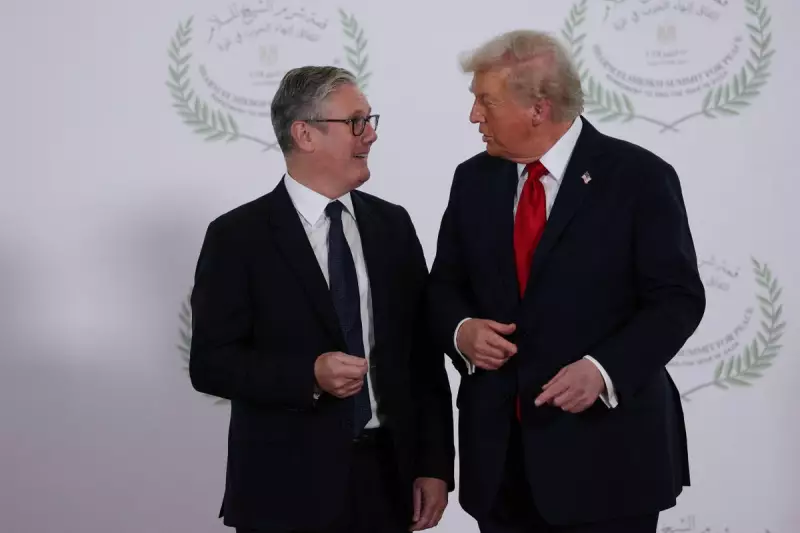
In a dramatic revelation that exposes deepening rifts within the Labour Party, former Prime Minister Tony Blair directly confronted current leader Sir Keir Starmer over the party's stance on the Gaza conflict during last year's COP27 climate summit in Egypt.
High-Stakes Confrontation in Sharm el-Sheikh
The tense exchange occurred during the international climate conference in Sharm el-Sheikh, where both politicians were present. According to sources familiar with the matter, Blair expressed significant concerns about Labour's position regarding the ongoing violence in Gaza, challenging Starmer's approach to one of the most contentious issues in international diplomacy.
Growing Internal Pressure
This confrontation highlights the mounting pressure Starmer faces from within his own party regarding Middle East policy. The Labour leader has been walking a political tightrope, attempting to balance different factions within the party while maintaining a coherent foreign policy stance.
The revelation of this high-level disagreement comes at a sensitive time for Starmer's leadership, as he prepares the party for the next general election. Internal divisions over foreign policy, particularly regarding Israel and Palestine, have historically posed significant challenges for Labour leaders.
Blair's Continued Influence
Tony Blair's decision to directly challenge his successor underscores his continued involvement in Labour politics and international affairs. The former prime minister, who now runs the Tony Blair Institute for Global Change, remains an influential figure in political circles despite leaving office over fifteen years ago.
Sources indicate that the exchange was "frank and substantive", reflecting genuine policy differences rather than mere political posturing. Both men are known for their lawyerly approach to politics, making the confrontation particularly noteworthy.
Broader Implications for Labour
This incident reveals several critical aspects of current Labour politics:
- The ongoing struggle to define a coherent Middle East policy
- Continuing influence of former party leaders on current direction
- Internal tensions that could affect Labour's electoral prospects
- The challenge of maintaining party unity on internationally divisive issues
As Labour positions itself as a government-in-waiting, how Starmer handles these internal disagreements and establishes clear foreign policy positions will be crucial to his leadership credibility and the party's electoral chances.





